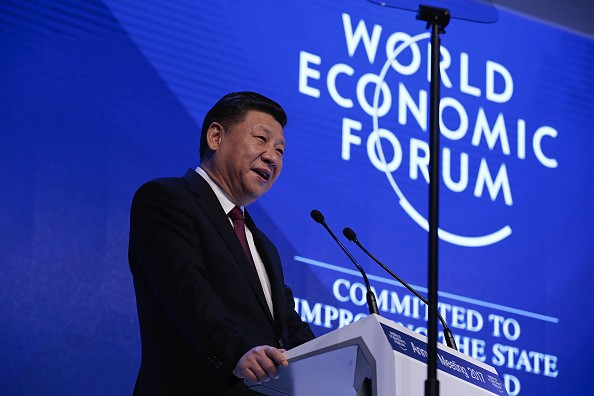Chinese manufacturers who export their products to the international market are seen as good role models for globalization, according to a report by the Financial Times.
At the trade fair in Guangzhou last week, foreign buyers from the U.S., Europe and Latin America saw the products of Chinese manufacturers' enterprising spirit and their persistence to get things right.
During the Davos summit in January, Chinese President Xi Jinping pledged to defend free trade and trade globalization, in contrast with U.S. President Donald Trump's protectionist policies.
This year, about 20,000 Chinese manufacturers joined the Canton Fair to promote their products to nearly 200,000 international buyers, showing them that they can be better role models for globalization.
Although some of the exhibitors came from state-owned enterprises, many of them have adapted themselves to the global demands of their products, the report said.
Manufacturers who became exporters from China urged their sales managers to learn English. They also ask their technicians to re-design their assembly lines to reduce costs, while their product development teams work hard to find out how to satisfy their clients.
With the rise in wages and production costs, Chinese manufacturers became more innovative. They started to use more industrial robots to produce more products and meet the demand of global clients, such as Amazon and Zara, and also did more work on research and development.
The report said that some of the exhibitors in the Canton Fair are aluminum producers who became suitcase makers when commodity prices crashed.
Another is a garden tool manufacturer who shifted to making hoverboards, while some bicycle factories reinvent themselves to become tech companies to venture into the bike-sharing business.
According to the report, many Chinese companies failed but more of them have succeeded.
In the face of global challenges, some Chinese manufacturers managed their way through the chaos. As production cost and wages rose, some manufacturers relocated to countries with lower wages such as Vietnam and Bangladesh, especially in products such as shoes and garments which are labor-intensive.
But in the production of electronics, industrial machinery and other high-tech products, manufacturing is still done in China as production supply is concentrated in the place and the workforce is too big.
According to an executive from a Chinese toy factory, "You might save some wage costs but no country can compete with the track record we have of producing to high standards, year in and year out, despite the ups and downs of the economy, the retail industry and commodity prices."



























